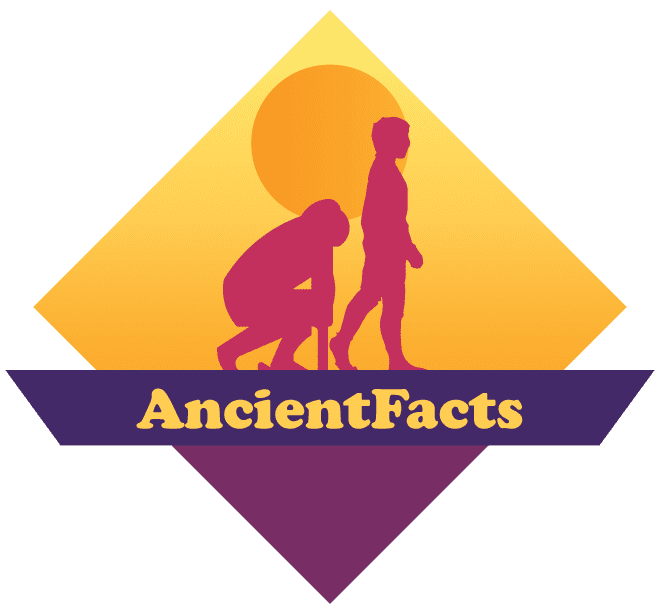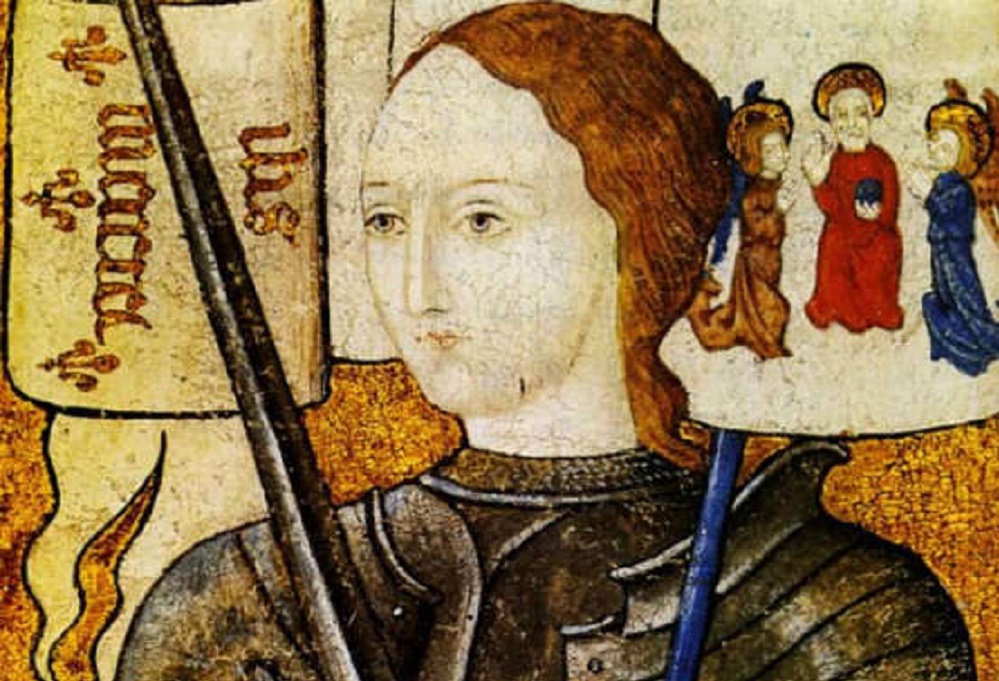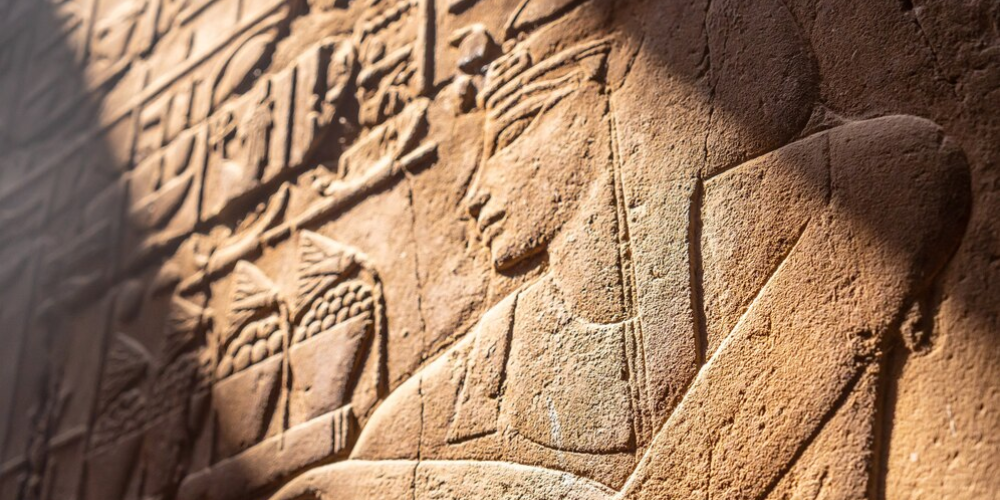The tapestry of human history is intricately woven with the threads of empires and vast dominions that have shaped civilizations, economies, and cultures for millennia. From the Roman Republic to the British Raj, these colossal entities have left an indelible mark on the world stage. Yet, amidst this pantheon of powerful states, two names stand out in particular - Attila the Hun and Genghis Khan. Their empires, though separated by centuries, share a chilling reputation for conquest and brutality. But who, ultimately, was the greater ruler in the Attila the Hun vs Genghis Khan debate?
Measuring Imperial Might
Determining the supremacy of one empire over another is a complex try. Metrics such as territorial expanse, population, and duration of rule are often employed. But, the true measure of an empire's greatness extends beyond these quantifiable factors. Leadership, military strategy, and cultural impact also play pivotal roles in shaping an empire's legacy.
Genghis Khan - The Mongol Empire
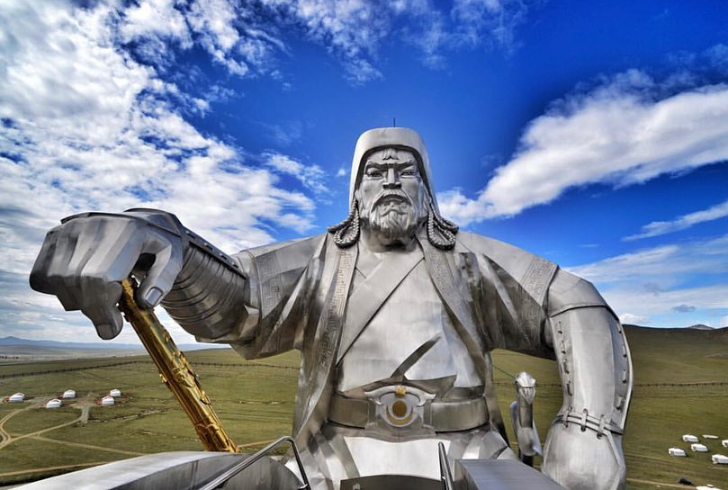
Instagram | chicago_ryan | Genghis Khan led the Mongol Empire to conquer vast territories from the Pacific to Eastern Europe.
Genghis Khan, the founder of the Mongol Empire, is often hailed as history's greatest conqueror. Emerging from the steppes of Central Asia, he forged a formidable fighting force and unleashed it upon a world unprepared for such ferocity. The Mongols, under his iron will, conquered vast swathes of territory, from the Pacific Ocean to Eastern Europe.
- Unparalleled Military Might - Genghis Khan's military genius was unparalleled. His innovative tactics, coupled with ruthless efficiency, allowed the Mongols to defeat armies far larger than their own.
- A Legacy of Terror - The Mongol invasion was a reign of terror. Cities were razed, populations decimated, and entire cultures obliterated. Yet, the empire also fostered periods of relative peace and prosperity, facilitating trade and cultural exchange across Eurasia.
Attila the Hun - Scourge of God
Attila the Hun, often referred to as the "Scourge of God," was another formidable leader whose name struck fear into the hearts of his enemies. The Huns, a nomadic people from Central Asia, under Attila's command, became a formidable force in Europe.
- Master of Intimidation - Attila's military prowess, combined with his ability to instill fear, made him a formidable opponent. His invasions of the Roman Empire brought the Western Roman Empire to its knees.
- A Shadow of Mongol Might - While Attila's conquests were impressive, they pale in comparison to the vast empire established by Genghis Khan. The Huns lacked the organizational structure and administrative capacity to govern such a large territory.
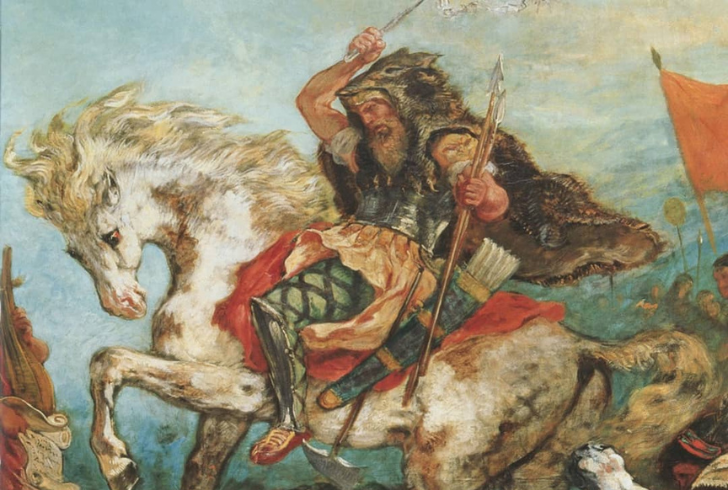
Instagram | ancient.scientist | Attila the Hun, known as the "Scourge of God," led the Huns in terrifying invasions that shook the Roman Empire.
A Complex Legacy
While military prowess is undoubtedly a crucial factor in assessing the greatness of a ruler, need to to consider the broader impact of their reign. Both Attila and Genghis Khan were ruthless conquerors, but they also played a role in shaping the course of history.
- Cultural Diffusion: The Mongol conquests facilitated the exchange of goods, ideas, and technologies across Eurasia, contributing to a more interconnected world.
- Enduring Legacies: Both empires left an enduring legacy. The Hunnic invasions hastened the decline of the Western Roman Empire, while the Mongol Empire's influence can still be seen in the cultures of Central Asia.
The debate over who was the greater ruler — Attila the hun vs Genghis Khan — is largely a matter of perspective. Both figures were extraordinary leaders who made a significant impact on history. While Genghis Khan's empire was larger and more enduring, Attila's reign was a period of terror and upheaval that has captured the imagination for centuries.

